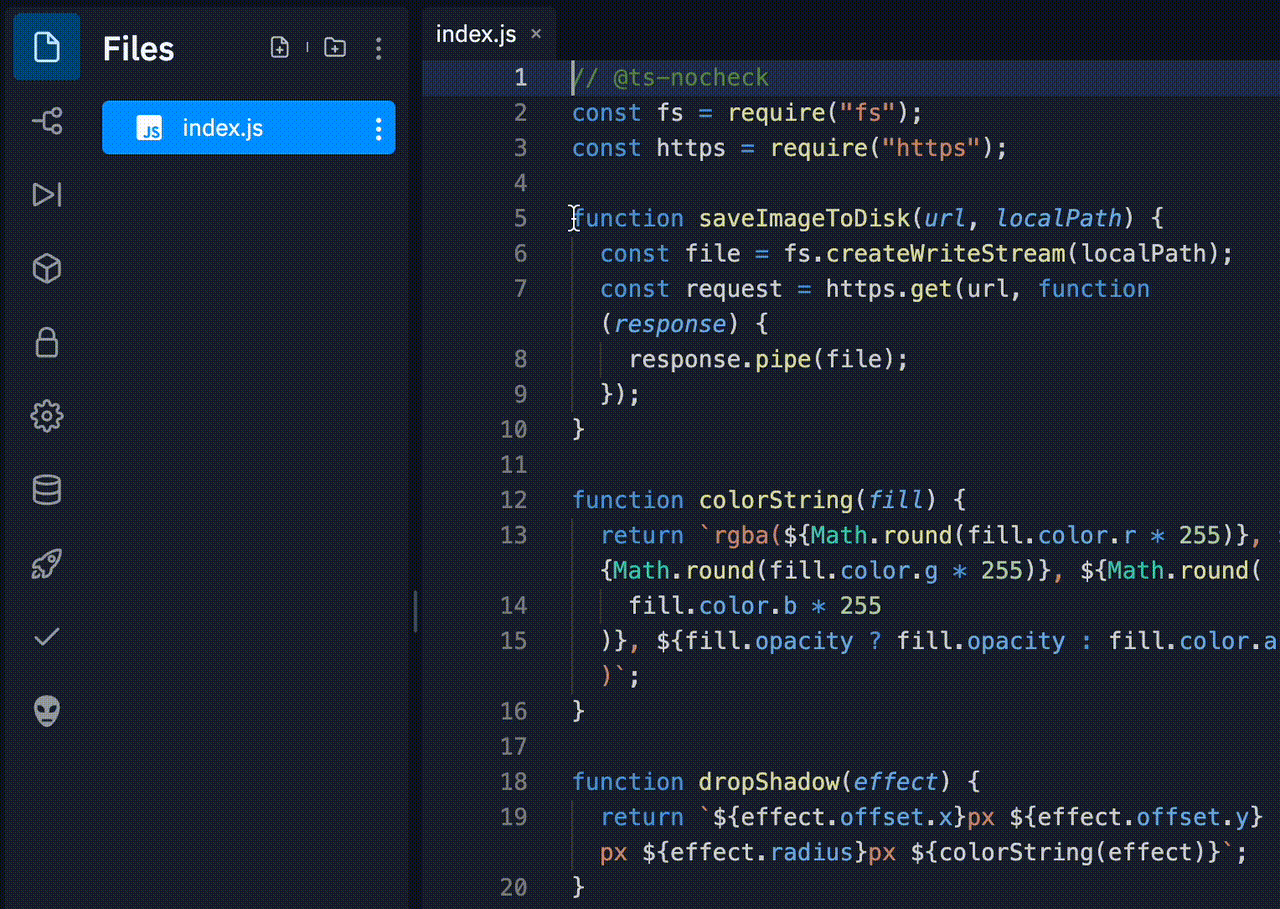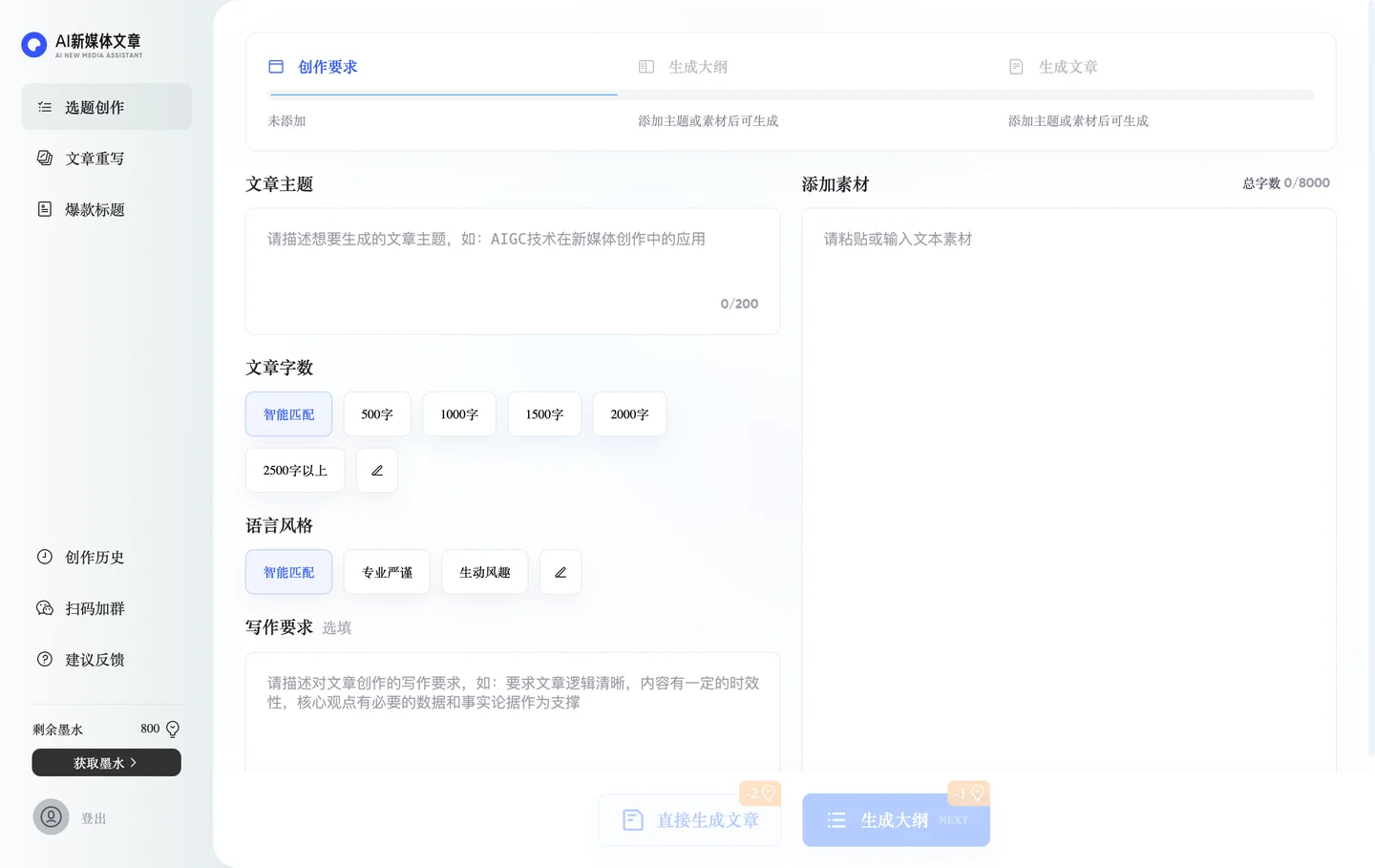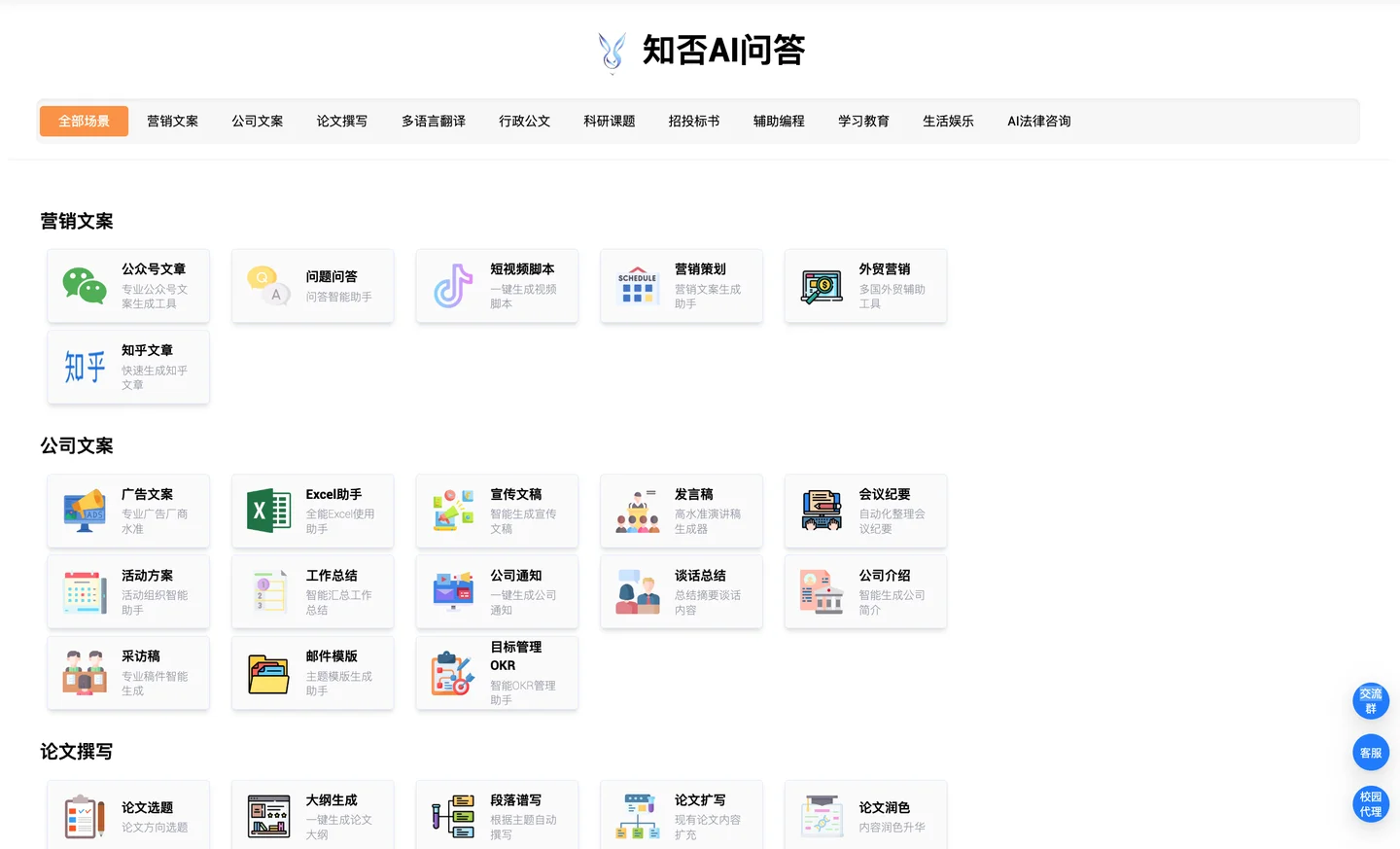OpenAI Codex 是一种基于 GPT-3 的自然语言到代码系统,可帮助将简单的英语指令变成十几个流行的编码语言。 Codex 于去年 8 月通过我们的 API 发布,是 GitHub Copilot 的主要构建块。
我们支持 Codex 的动机是补充开发人员的工作并提高生产力。 Codex 帮助计算机更好地理解人们的意图,这使每个人都可以使用计算机做更多的事情。这是我们构建造福全人类的通用 AI 使命不可或缺的一部分。
对于企业客户,Microsoft 的 Azure OpenAI 服务让开发人员可以访问 Codex 和我们的其他模型,例如 GPT-3和嵌入,以及 Microsoft Azure 中内置的企业级功能。在今天的 Build 大会上,微软宣布 Azure OpenAI 服务——以前只能通过邀请获得——现在可以有限访问预览。从医疗保健到金融服务,我们已经在许多垂直行业看到了 Azure OpenAI 服务的新应用。
应用与行业
自通过我们的 API 发布以来,我们一直与开发人员密切合作以构建在法典之上。这些应用程序利用系统在各种类别中的功能,包括创造力、学习、生产力和解决问题。
使用 Codex 的应用程序:

GitHub Copilot 是一个 AI 结对程序员,可在代码编辑器中为整行或整个函数提供建议。
通过与 Codex 的紧密集成,GitHub Copilot 可以将评论转换为代码、自动填充重复代码、建议测试并显示备选方案。
适用于 Visual Studio 和 Visual Studio Code,以及其他环境,GitHub副驾驶工作GitHub 具有广泛的框架和语言集,对于某些编程语言,目前使用它的数万名开发人员生成的代码大约占 35%。
Microsoft 在其 Build 开发者大会上宣布,GitHub Copilot 将于今年夏天全面上市。

Pygma 旨在将 Figma 设计转化为高质量代码。
Pygma 利用 Codex 将 Figma 设计转化为不同的前端框架并匹配 t开发人员的编码风格和偏好。 Codex 使 Pygma 能够帮助开发人员立即完成以前可能需要数小时才能完成的任务。
“Codex 使我能够以很少的编码将创新功能集成到我的应用程序中。作为一个没有强大机器学习背景的人,某些功能(如灵活的代码调整)在内部构建起来非常困难。借助 Codex,它几乎开箱即用。”
— Emile Paffard-Wray,Pygma 创始人

Replit 是一个适用于任何编程语言的编程平台,让用户可以在项目中实时协作、了解代码并与学习者和构建者社区共享工作。
Replit 利用 Codex 以简单的语言描述所选代码的作用这样每个人都可以获得高质量的解释和学习工具。用户可以突出显示代码选择并单击“解释代码”以使用 Codex 了解其功能。
“Codex 帮助 Replit 上的学习者更好地理解他们遇到的代码。我们只触及了语义代码理解可以为那些希望将想法快速转化为工作代码的人提供什么的皮毛。”
— Amjad Masad,Replit 创始人
< br/>

Warp 是一个基于 Rust 的终端,从头开始重新设计以帮助个人和团队在命令行中提高工作效率。
终端命令通常很难记住、查找和构造。用户通常不得不离开终端并在网络上搜索答案,即使这样,结果也可能无法为他们提供正确的命令来执行。 Warp 使用 Codex 允许用户运行自然语言命令直接从终端内搜索并获得他们可以立即使用的结果。
“Codex 允许 Warp 使终端更易于访问和更强大。开发人员使用自然语言搜索整个命令,而不是试图记住它们或零碎地组合它们。 Codex 驱动的命令搜索已成为我们改变游戏规则的功能之一。”
— Zach Lloyd,Warp 创始人
 < /div>
< /div>Machinet 通过使用 Codex 生成智能单元测试模板,帮助专业 Java 开发人员编写高质量代码。
Machinet 通过从构建自己的机器学习系统转向使用法典。 Codex 的灵活性允许轻松添加新特性和功能,从而节省用户时间并帮助他们提高工作效率。
“Codex 是我们武器库中的一个了不起的工具。它不仅使我们能够生成更有意义的代码,而且还帮助我们找到了产品架构的新设计,并使我们摆脱了局部最大值。”
— Vladislav Yanchenko,Machinet 创始人
For enterprise customers, Microsoft’s Azure OpenAI Service provides developers with access to Codex and our other models, like GPT-3 and embeddings, along with enterprise-grade capabilities that are built into Microsoft Azure. At its Build conference today, Microsoft announced that Azure OpenAI Service—previously available by invitation only—is now available in a limited access preview. We’re already seeing new applications of Azure OpenAI Service across many industry verticals, from healthcare to financial services.
Applications and industries
Since its release via our API, we’ve been working closely with developers to build on top of Codex. These applications utilize the system’s capabilities in a variety of categories including creativity, learning, productivity and problem solving.
Applications using Codex:
GitHub Copilot

is an AI pair programmer that provides suggestions for whole lines or entire functions right inside the code editor. Through tight integration with Codex, GitHub Copilot can convert comments to code, autofill repetitive code, suggest tests and show alternatives.
Available for Visual Studio and Visual Studio Code, among other environments, GitHub Copilot works with a broad set of frameworks and languages, and for some programming languages suggests approximately 35% of the code generated by tens of thousands of developers who use it today.
Microsoft announced at its Build developer conference that GitHub Copilot will move to general availability this summer.
Pygma

aims to turn Figma designs into high-quality code. Pygma utilizes Codex to turn Figma designs into different frontend frameworks and match the coding style and preferences of the developer. Codex enables Pygma to help developers do tasks instantly that previously could have taken hours.
“Codex has allowed me to integrate innovative features into my app with very little coding. As someone without a strong machine learning background, certain features like flexible code-tweaking would be incredibly difficult to build in-house. With Codex, it works almost out of the box.”
— Emile Paffard-Wray, Founder, Pygma
Replit

is a programming platform for any programming language that lets users collaborate live on projects, learn about code and share work with a community of learners and builders. Replit leverages Codex to describe what a selection of code is doing in simple language so everyone can get quality explanation and learning tools. Users can highlight selections of code and click “Explain Code” to use Codex to understand its functionality.
“Codex helps learners on Replit better understand code they encounter. We’ve only scratched the surface of what semantic code understanding can offer those who want to get from idea to working code quickly.”
— Amjad Masad, Founder, Replit
Warp

is a Rust-based terminal, reimagined from the ground up to help both individuals and teams be more productive in the command-line. Terminal commands are typically difficult to remember, find and construct. Users often have to leave the terminal and search the web for answers and even then the results might not give them the right command to execute. Warp uses Codex to allow users to run a natural language command to search directly from within the terminal and get a result they can immediately use.
“Codex allows Warp to make the terminal more accessible and powerful. Developers search for entire commands using natural language rather than trying to remember them or assemble them piecemeal. Codex-powered command search has become one of our game changing features.”
— Zach Lloyd, Founder, Warp
Machinet

helps professional Java developers write quality code by using Codex to generate intelligent unit test templates. Machinet was able to accelerate their development several-fold by switching from building their own machine learning systems to using Codex. The flexibility of Codex allows for the ability to easily add new features and capabilities saving their users time and helping them be more productive.
“Codex is an amazing tool in our arsenal. Not only does it allow us to generate more meaningful code, but it has also helped us find a new design of product architecture and got us out of a local maximum.”
— Vladislav Yanchenko, Founder, Machinet
— Vladislav Yanchenko, Founder, Machinet






